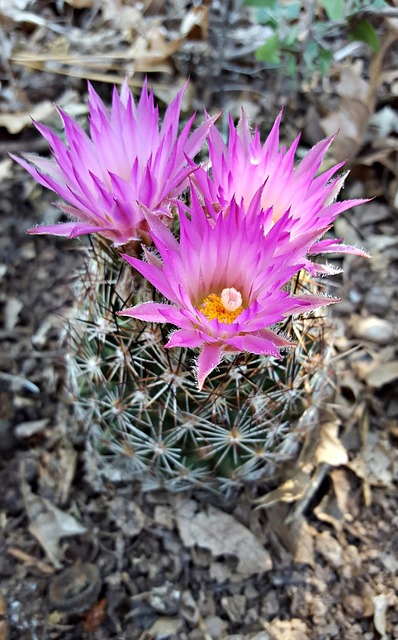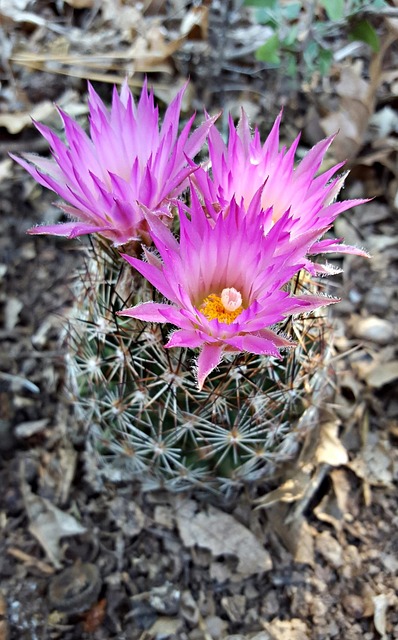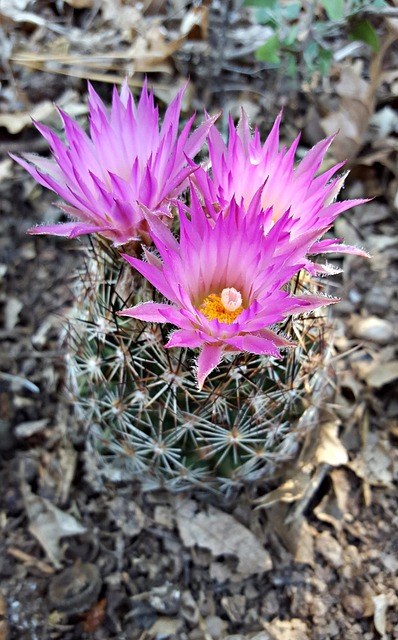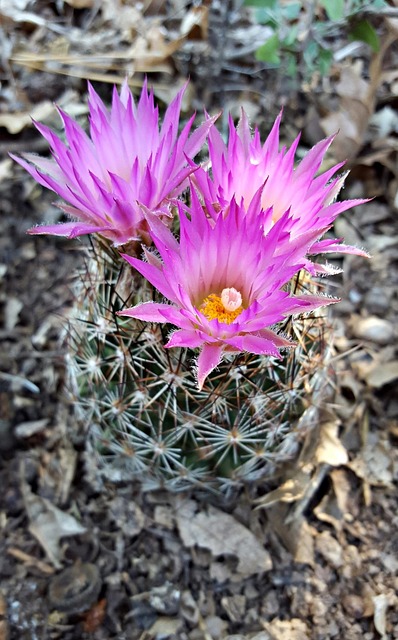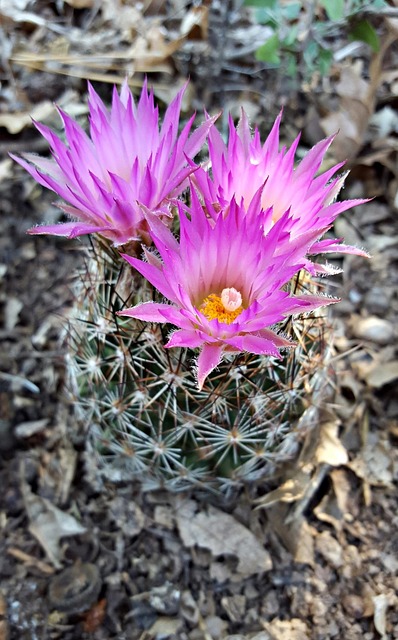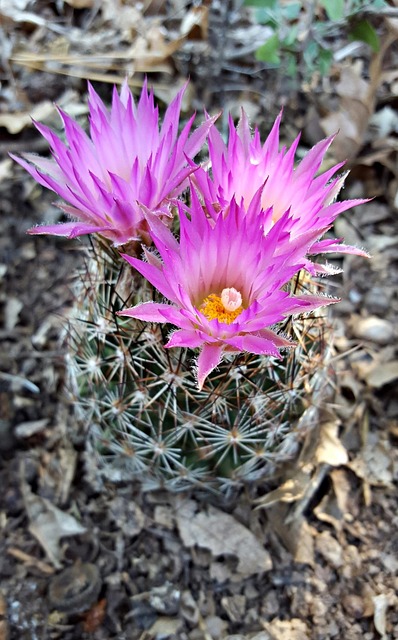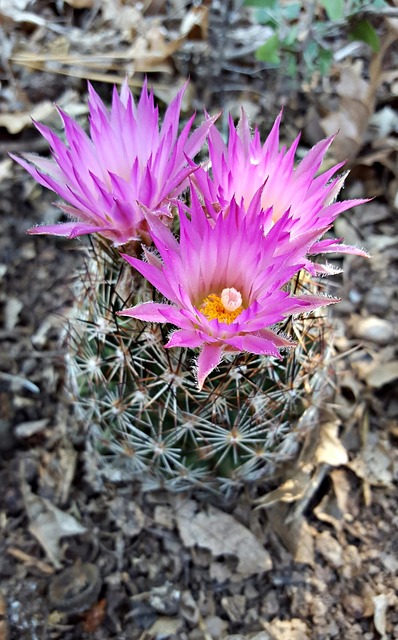Festivals are vibrant cultural events weaving history, tradition, and community together, unlocking local heritage through performances, exhibits, and activities. They foster a sense of belonging, attract visitors seeking authentic experiences, and have significant economic impacts on real estate markets by increasing visitor numbers and property values. By promoting inclusivity and engaging the entire community, festivals create diverse, accessible environments that cater to all, fostering deep connections and unforgettable experiences.
Vibrant festivals celebrating local heritage act as vibrant gateways to cultural treasures, fostering community pride and economic growth. From uncovering hidden historical narratives to boosting local tourism and real estate markets, these events play a crucial role in shaping destinations. This article explores three key facets: unveiling cultural riches through festivals, their significant economic impact on communities, and designing inclusive spaces that truly represent and embrace diverse populations, all while examining the broader real estate implications.
Unveiling Cultural Treasures: How Festivals Become Gateways to Local Heritage
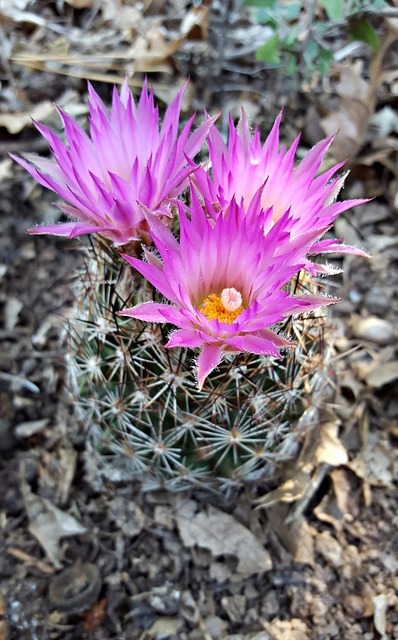
Festivals, like vibrant tapestries, weave together threads of history, tradition, and community, offering a unique lens into a region’s cultural heritage. These gatherings serve as gateways, unlocking hidden treasures of local lore that often remain unnoticed in daily life. Through performances, exhibits, and activities, festivals showcase the real estate of a place—its stories, crafts, and culinary delights—all woven into an immersive experience.
Attending such events allows participants to navigate through time, discovering ancient customs and modern interpretations. Each festival becomes a crucible where old meets new, fostering a sense of belonging and pride among locals while drawing visitors eager to explore authentic cultural experiences. This dynamic exchange enriches both the host community and those who participate, ensuring that local heritage remains not just preserved but actively celebrated and shared.
The Economic Impact: Festival Season as a Real Estate Opportunity
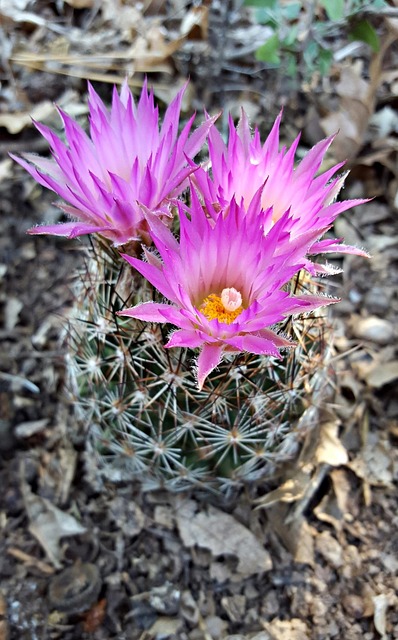
Vibrant festivals celebrating local heritage not only enrich cultural landscapes but also have a significant economic impact, particularly on real estate markets. During festival seasons, towns and cities experience a surge in visitor numbers, attracting both locals and tourists alike. This influx drives up demand for accommodation, from hotels to vacation rentals, leading to increased revenue for property owners and the hospitality industry. Beyond immediate profits, festivals can stimulate long-term investments in real estate as they enhance a location’s appeal and desirability. Areas known for their unique cultural events often see higher property values and rental rates due to the year-round interest they generate, making festival seasons not just celebrations but also strategic opportunities for real estate developers and investors.
Designing Inclusive Spaces: Ensuring Festivals Embrace and Represent Their Communities
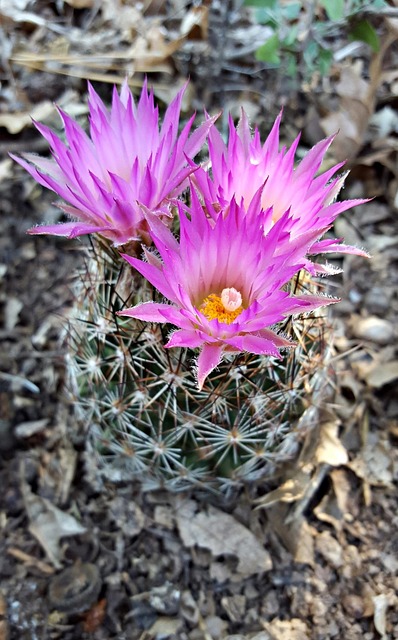
Festivals are not just about vibrant colors and lively performances; they’re a reflection of a community’s soul. When designing festival spaces, it’s crucial to embrace inclusivity, ensuring every member of the diverse community feels represented. This means creating environments that cater to various needs, from accessible entry points for those with disabilities to dedicated areas for different age groups and cultural preferences. Think about the real estate of your festival—how can you utilize every corner to foster a sense of belonging? Incorporating multi-cultural performances, food stalls offering diverse cuisines, and art exhibits showcasing local talent are excellent ways to celebrate the area’s heritage while appealing to all.
The key is to go beyond typical celebrations and actively involve the community in the planning process. Engage with local elders, youth groups, artists, and businesses to gather insights and ideas that reflect the community’s unique character. This collaborative approach not only ensures an inclusive festival but also fosters a deeper connection between organizers, performers, and attendees, creating unforgettable experiences that resonate long after the event ends.
